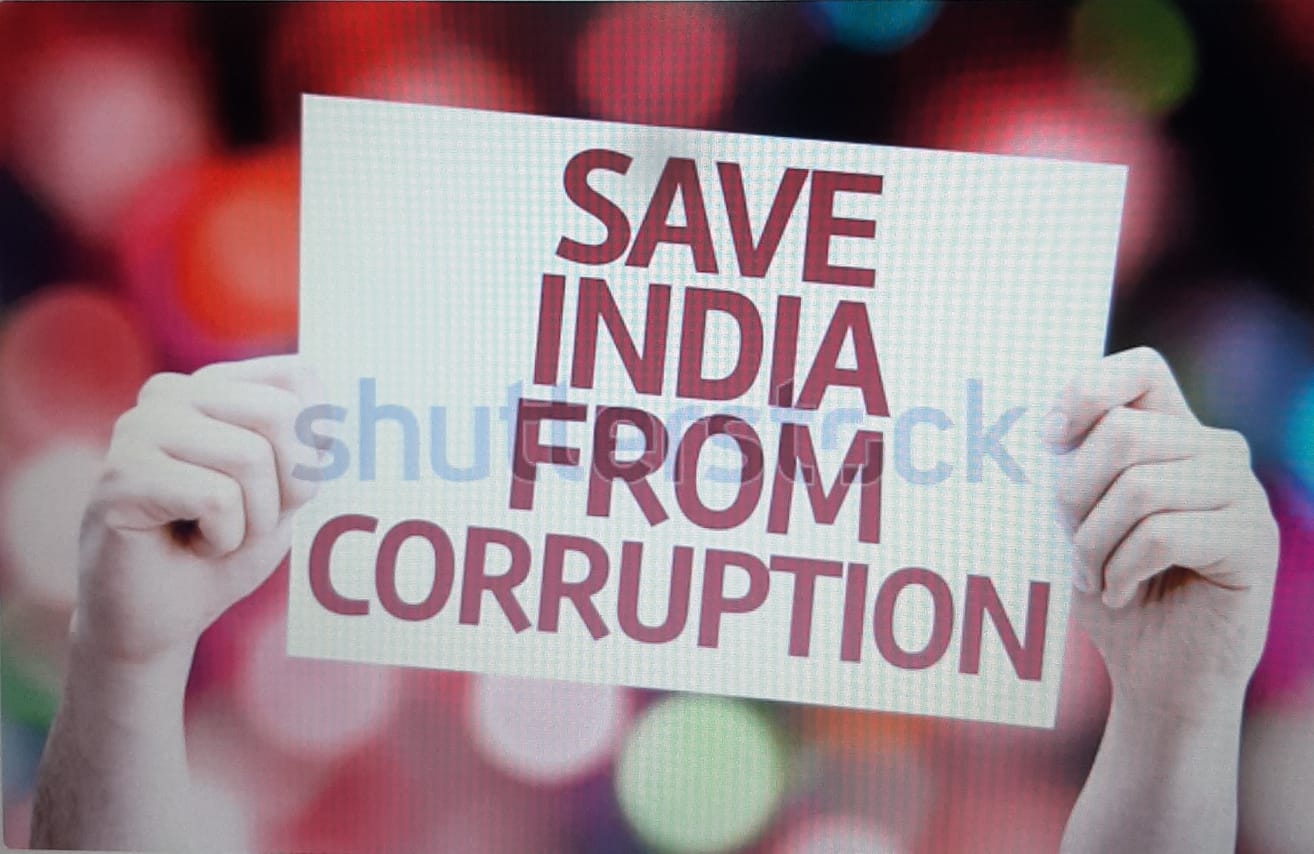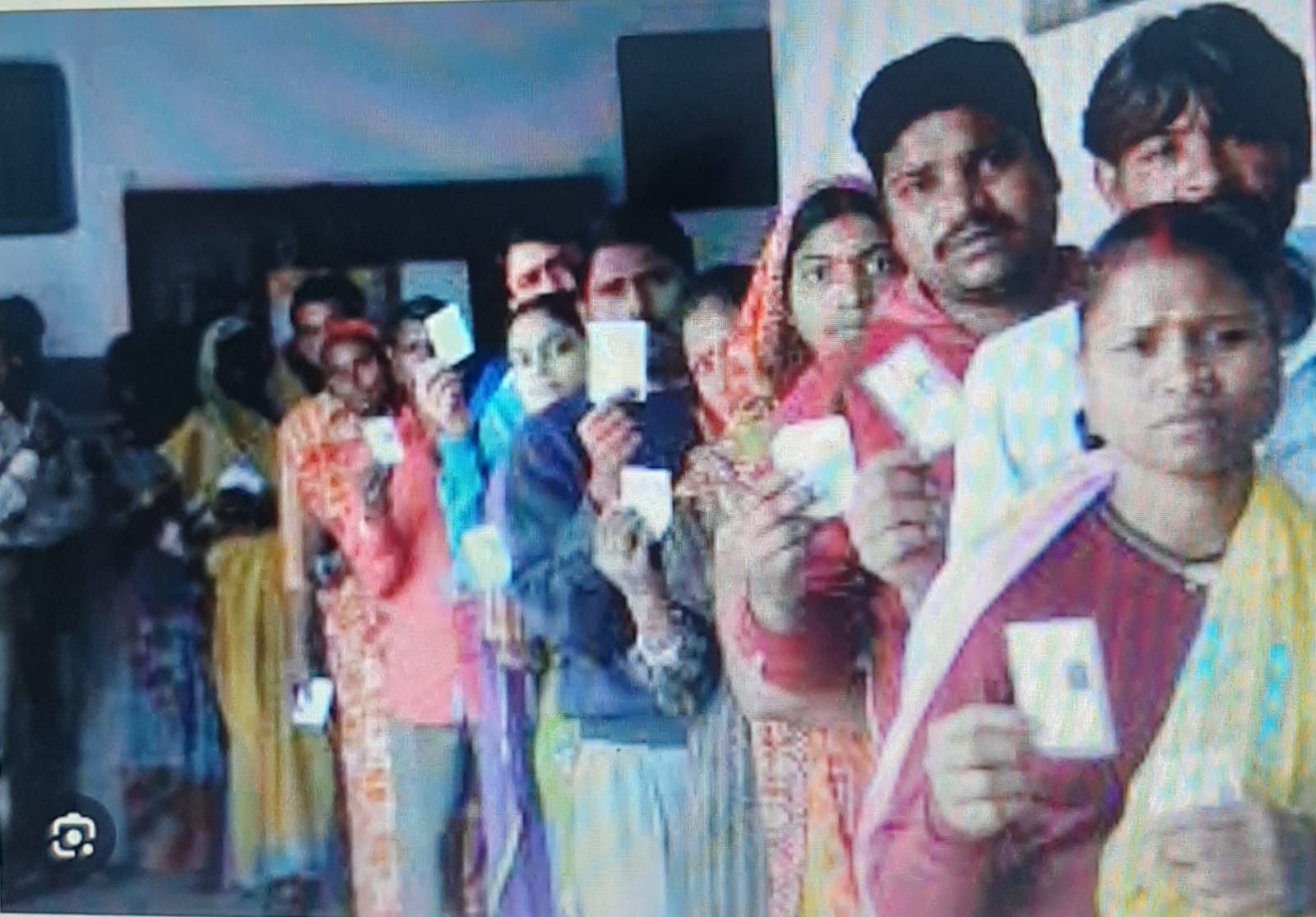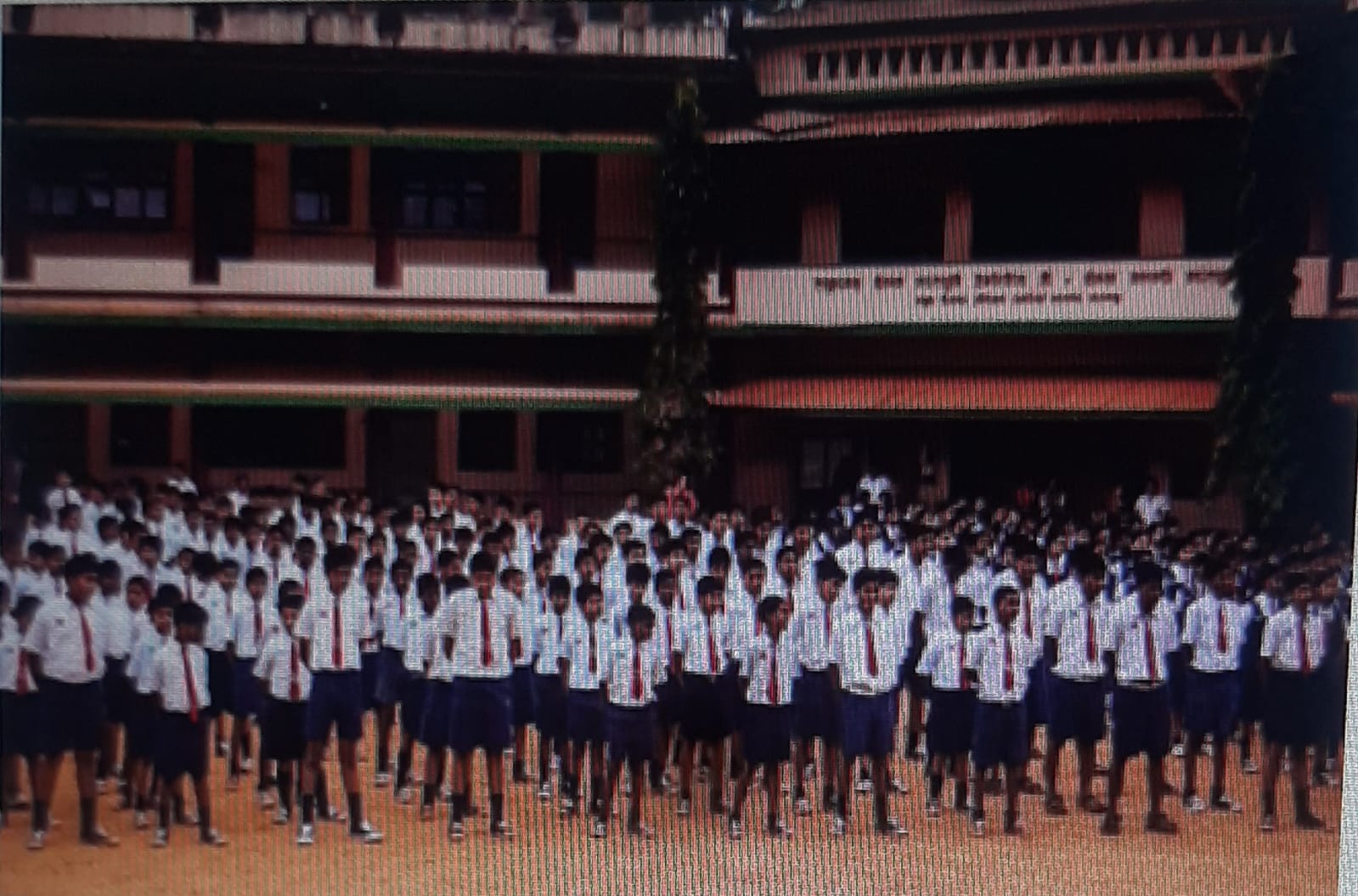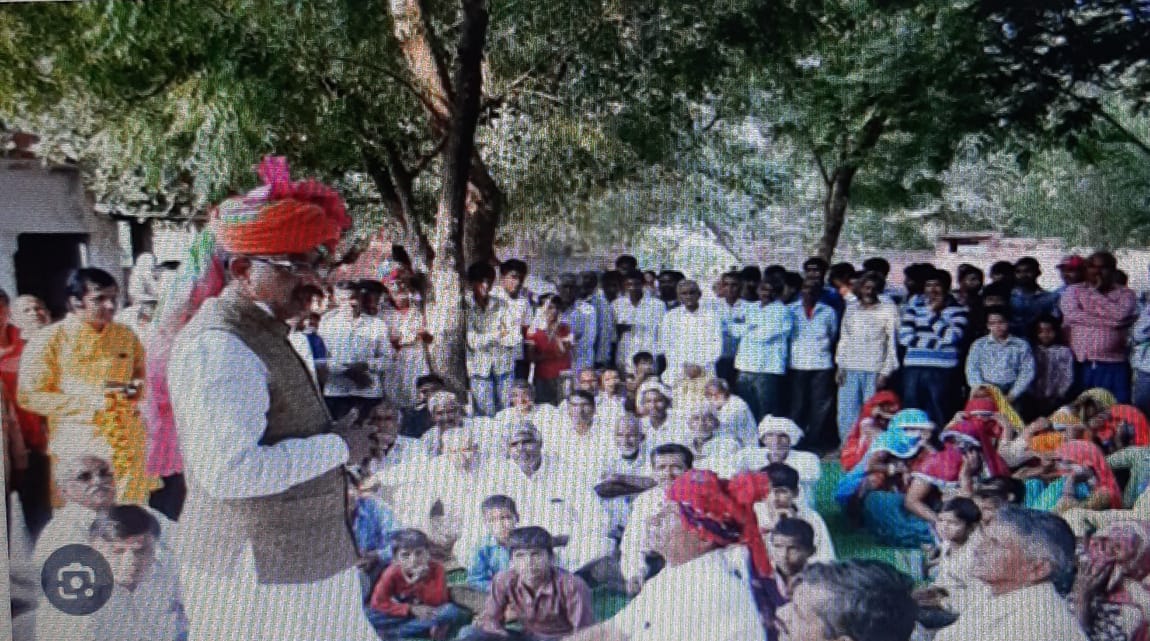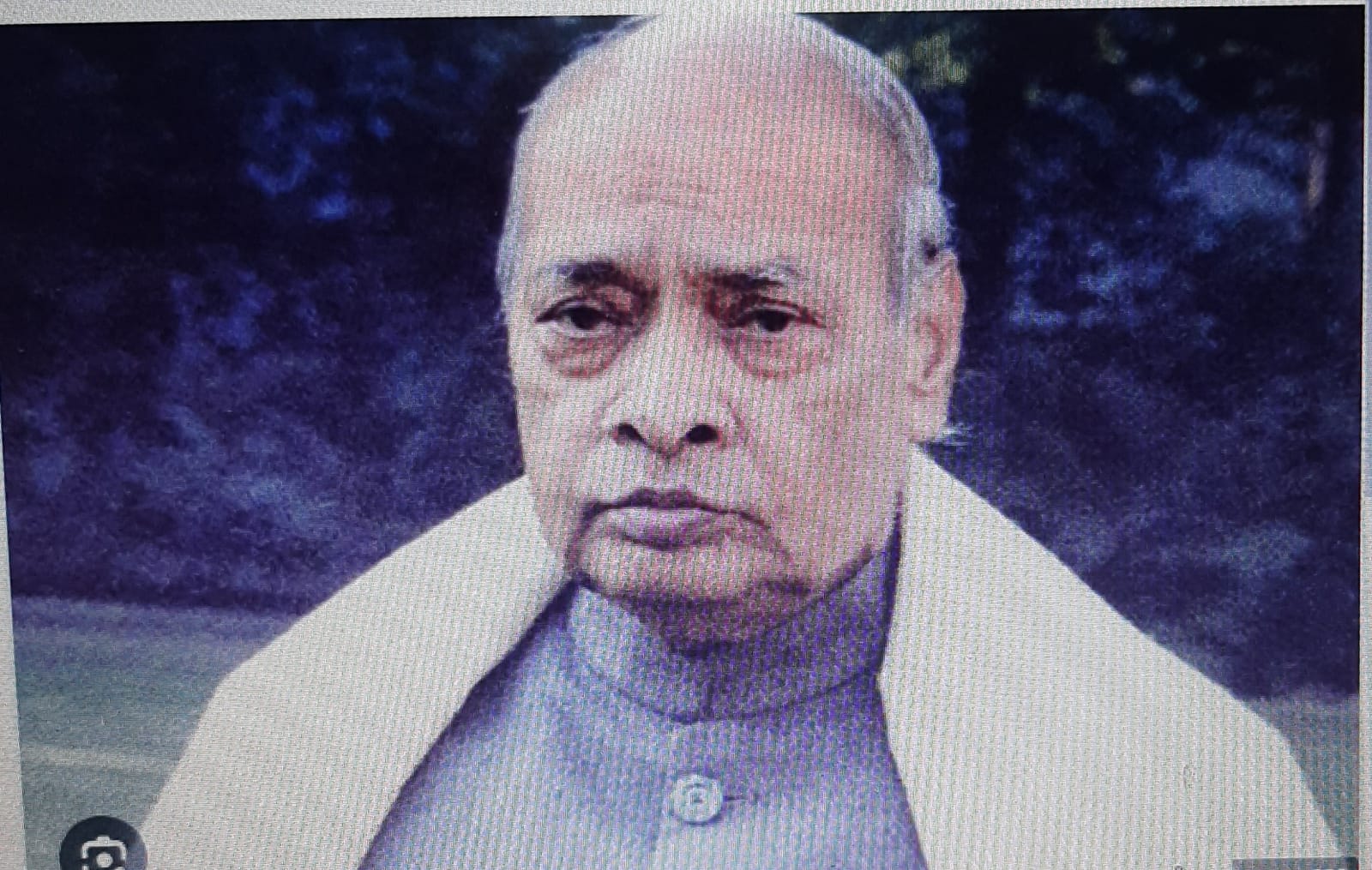
Now the Places of worship Act of PV Narasimha Rao government is at the heart of the Gyanvapi mosque and Shahi Eidgah Masjid disputes. The Act that prohibits conversion of the “religious character” of any place of worship as it existed on 15 August 1947 has thus been challenged in the Supreme Court. RSS affiliates have been urging the Centre to re-examine the law. The apex court has already sought reply from central government. But the Modi government, which is now busy in preparation for forthcoming Lok Sabha election, seems to buy time to presumably take up the issue after the election, writes M Hasan
Lucknow, February 11: Political expediency with an eye on Telangana and Andhra Pradesh, has turned a 1991 bete noire into Bharat Ratna” in 2024. He is none other than former Prime Minister late Narasimha Rao, who was targeted by the BJP inside and outside the Parliament when the Rao government had brought Places of Worship (Special Provision) Act in August 1991 to checkmate the saffron brigade from pushing its temple agenda in Ayodhya, Kashi and Mathura.
While announcing the highest national Civil award Prime Minister Narendra Modi tweeted, “Delighted to share that our former Prime Minister, Shri PV Narasimha Rao Garu, will be honoured with the Bharat Ratna. As a distinguished scholar and statesman, Narasimha Rao Garu served India extensively in various capacities. He is equally remembered for the work he did as Chief Minister of Andhra Pradesh, Union Minister, and as a Member of Parliament and Legislative Assembly for many years. His visionary leadership was instrumental in making India economically advanced, laying a solid foundation for the country’s prosperity and growth. ” Narasimha Rao Garu’s tenure as Prime Minister was marked by significant measures that opened India to global markets, fostering a new era of economic development, Modi said that his “contributions to India’s foreign policy, language and education sectors underscore his multifaceted legacy as a leader who not only steered India through critical transformations but also enriched its cultural and intellectual heritage”.
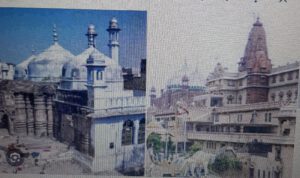
However, the AIMIM MP from Hyderabad Assaduddin Owaisi reminded the Lok Sabha about one more aspect of the prime ministership of late Rao. Referring to demolition of Babri Masjid on December 6, 1992, Owaisi told the House on the last day of budget session on February 10 that “with the instructions not to disturb him Rao was busy in offering puja, when the mosque was being pulled down in Ayodhya” in the presence of BJP leaders LK Advani and others. Advani too has been given Bharat Ratna last week after consecration of Ram Temple in Ayodhya.
Now it is this Act of Rao government which is at the heart of the Gyanvapi mosque and Shahi Eidgah Masjid disputes. The Act that prohibits conversion of the “religious character” of any place of worship as it existed on 15 August 1947 has thus been challenged in the Supreme Court. RSS affiliates have been urging the Centre to re-examine the law. The apex court has already sought reply from central government. But the Modi government, which is now busy in preparation for forthcoming Lok Sabha election, seems to buy time to presumably take up the issue after the election.
Will the NDA, which is quite confident of returning to power after poll, will also exclude Kashi and Mathura on the pattern of Ayodhya is being hotly debated in political circle.
Sources said only an amendment will be required for this purpose. But what will happen to the observations of the Supreme Court judgement in 2019 in Babri masjid case. The court while delivering verdict had observed that “in providing a guarantee for the preservation of the religious character of places of public worship as they existed on 15 August 1947 and against the conversion of places of public worship, Parliament determined that independence from colonial rule furnishes a constitutional basis for healing the injustices of the past by providing the confidence to every religious community that their places of worship will be preserved and that their character will not be altered. The law addresses itself to the State as much as to every citizen of the nation. Its norms bind those who govern the affairs of the nation at every level. Those norms implement the Fundamental Duties under Article 51A and are hence positive mandates to every citizen as well. The State, has by enacting the law, enforced a constitutional commitment and operationalized its constitutional obligations to uphold the equality of all religions and secularism which is a part of the basic features of the Constitution. The Places of Worship Act imposes a non-derogable obligation towards enforcing our commitment to secularism under the Indian Constitution. The law is hence a legislative instrument designed to protect the secular features of the Indian polity, which is one of the basic features of the Constitution. Non-retrogression is a foundational feature of the fundamental constitutional principles of which secularism is a core component. The Places of Worship Act is thus a legislative intervention which preserves non-retrogression as an essential feature of our secular values.”
There is no doubt that these observations are quite significant in view of demand of repealing of the Act. There is feeling in the legal circle that the apex court is unlikely to ignore these observations while adjudicating the case against the 1991 Act. The former LG Delhi Najib Jung has thus demanded that the apex court should expedite the case and deliver the verdict so that issue could be settled. Jung has also sought direct intervention of Modi in Kashi and Mathura cases as “ he is most popular and acceptable leader in the country and people would accept him in this matter”. Jung has also asked the leaders of the Muslim community to hold talk with Modi only for a peaceful solution.
Apart from swift developments in several courts the Kashi and Mathura issues have already gained political traction for forthcoming Lok Sabha election as the UP Chief Minister Yogi Adityanath raised it in Vidhan Sabha recently. Similar voices are also being raised from Sangh Parivar. Not to lag behind Owaisi was quite vociferous in Lok Sabha and Ittehad-e-Millat Council chief Maulana Tauqir Raza took out protect march in Barielly last Friday and courted arrest.
(Lucknow-based journalist M Hasan in former Chief of Bureau Hindustan Times).



